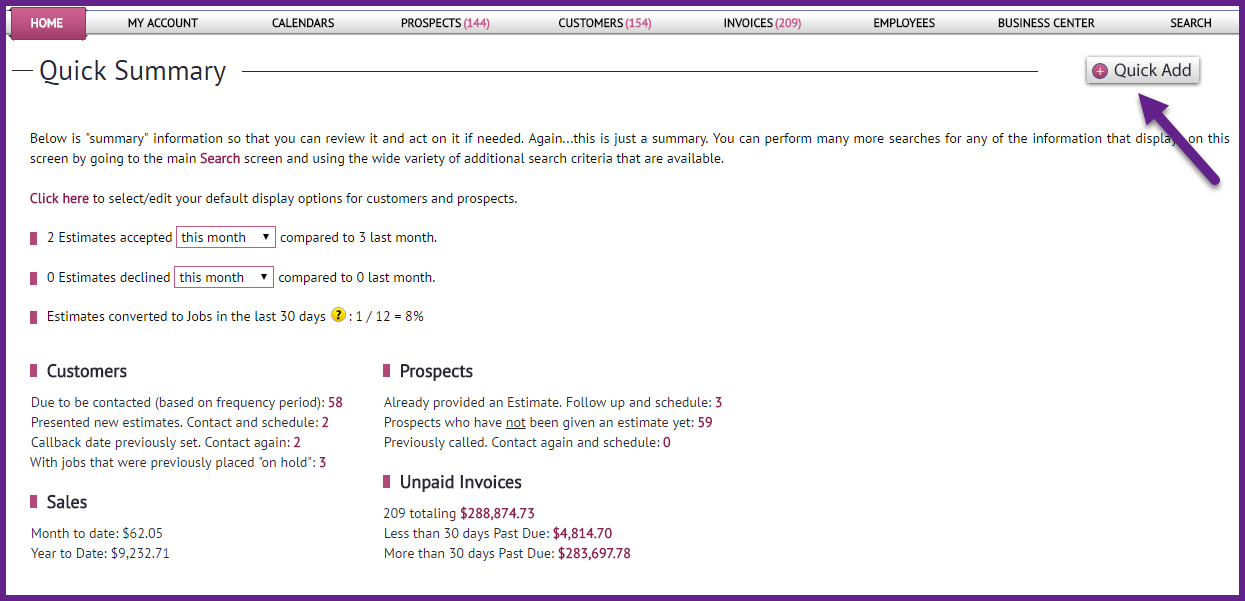

The first, called goal shifting, involves actively deciding to change tasks. Joshua Rubinstein, Ph.D., of the Federal Aviation Administration, has proposed new models of cognitive control. The authors found that multitasking is actually less efficient because it takes extra time to shift mental gears every time a person switches between tasks. A study in the Journal of Experimental Psychology: Human Perception and Performance, however, indicates the opposite. In everyday society, the ability to perform multiple tasks at work is often praised as a faster way to get more done. Multitasking Affects Your Brain’s Efficiency This suggests that requiring workers to complete multiple tasks simultaneously could have significant negative effects. In business settings, however, the tasks that workers take on are typically neurologically complicated. This is because simple tasks place less demand on the brain’s prefrontal cortex, which means easier switching between tasks. Importantly, multitasking while performing simple, everyday actions like eating and walking simultaneously is much easier than doing more complicated tasks like texting and driving simultaneously. Multitasking can actually hinder productivity and increase the likelihood of mistakes. Adding another task, however, forces the left and right sides of the brain to function independently from one another. Working on a single task means both sides of the prefrontal cortex are working together in harmony. This area of your brain helps keep your attention on a single goal and carry out the task at hand by coordinating messages with other brain systems. The brain’s prefrontal cortex begins working anytime you need to pay attention.

How Your Brain Multitasksīefore exploring the potential drawbacks and benefits of multitasking, it’s important to understand how our brains handle multiple simultaneous tasks in the first place. An online masters in applied psychology degree can arm aspiring corporate psychology professionals with the toolkit to improve workers’ satisfaction and productivity - making them essential contributors to an organization’s success strategy. This raises questions as to whether multitasking is good for workers.īusiness executives rely on a variety of professionals, including psychology experts, to empower workers to become more efficient multitaskers. These studies suggest that multitasking causes us to: make more mistakes, retain less information, and change the way our brain works. New studies, however, have uncovered that multitasking is a cause of concern. More and more people in office settings are spending their time bouncing back and forth between tasks, believing that there are many benefits of multitasking, including increased efficiency. Sometimes that involves asking employees to take on additional tasks and projects that wouldn’t be included in their basic job description. In today’s business world, companies are looking to cut costs and optimize processes.


 0 kommentar(er)
0 kommentar(er)
